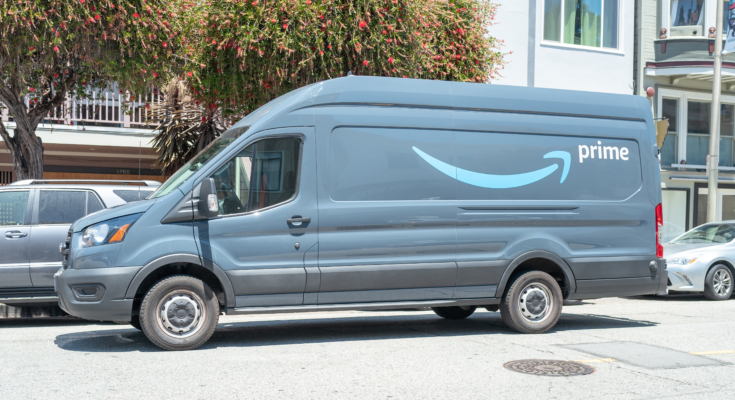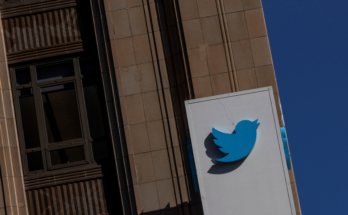San Francisco’s wariness of Amazon might soon extend to the company’s seemingly ubiquitous shipping network. Board of Supervisors President Shamann Walton has introduced legislation that would impose an 18-month moratorium on new parcel delivery facilities in the city, whether from Amazon or others. Officials at the Board or the Planning Commission would use the pause to study the potential impact these locations have on the community, including health issues (like air pollution and traffic) and the overall public interest.
In a statement, the Teamsters and other unions backing the measure were concerned companies like Amazon would drag down pay, benefits and working conditions for the city. The proposed moratorium would help communities “set the standards” and decide if they want these facilities in the first place, Walton added.
The effort comes after San Francisco’s Office of Economic and Workforce Development signed a January memorandum of understanding with Amazon to start negotiations for a Mission Creek delivery hub without informing or involving the community. These sorts of agreements are common, but Walton saw this as Amazon trying to enter the city without input from the very people its facility would affect.
There’s no certainty the legislation will pass. It’s also unclear how Walton and the Board would use any determination that Amazon and other delivery services’ facilities would harm San Francisco residents.
We’ve asked Amazon for comment. The company has faced similar opposition in other parts of California, and backed out of plans for a second headquarters in New York City following criticism. Activists and politicians raised concerns about possible gentrification in New York, the city’s $3 billion in proposed subsidies and Amazon’s overall practices. Amazon has also been a staunch opponent of unionization, setting up a confrontation with increasingly pro-union workers and the politicians who support them.
Update 2/17 2:35PM ET: Amazon said it started engaging San Francisco in the delivery hub process with a town hall in November, and that more meetings are planned this year. It also promised to use the 18 to 24 months before construction to listen to the community, and maintained it was operating within the city’s planning system. The company also touted its contributions to food security, anti-hate and arts groups. While the claims theoretically address transparency, they don’t touch on some of the core concerns — that pay, health and working conditions would drop.
All products recommended by Engadget are selected by our editorial team, independent of our parent company. Some of our stories include affiliate links. If you buy something through one of these links, we may earn an affiliate commission.



